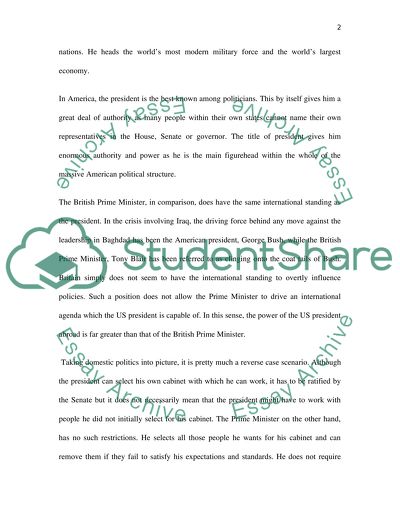Cite this document
(“The British Prime Minister Essay Example | Topics and Well Written Essays - 1250 words”, n.d.)
Retrieved from https://studentshare.org/politics/1509645-the-british-prime-minister
Retrieved from https://studentshare.org/politics/1509645-the-british-prime-minister
(The British Prime Minister Essay Example | Topics and Well Written Essays - 1250 Words)
https://studentshare.org/politics/1509645-the-british-prime-minister.
https://studentshare.org/politics/1509645-the-british-prime-minister.
“The British Prime Minister Essay Example | Topics and Well Written Essays - 1250 Words”, n.d. https://studentshare.org/politics/1509645-the-british-prime-minister.


